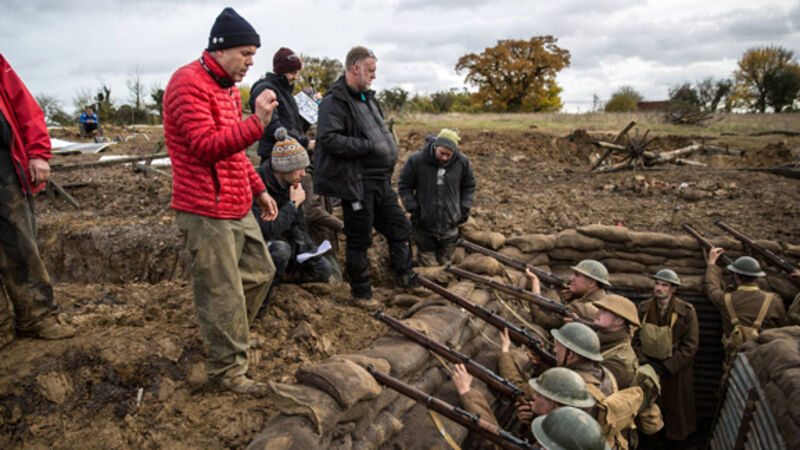Life in the trenches

Fittingly, for his new WWI movie, director Saul Dibb referenced such horror films as Alien, writes Esther McCarthy.
NEXT month will mark the 100th anniversary of the beginning of the Spring Offensive, one of the most brutal and bloody battles of World War I.











